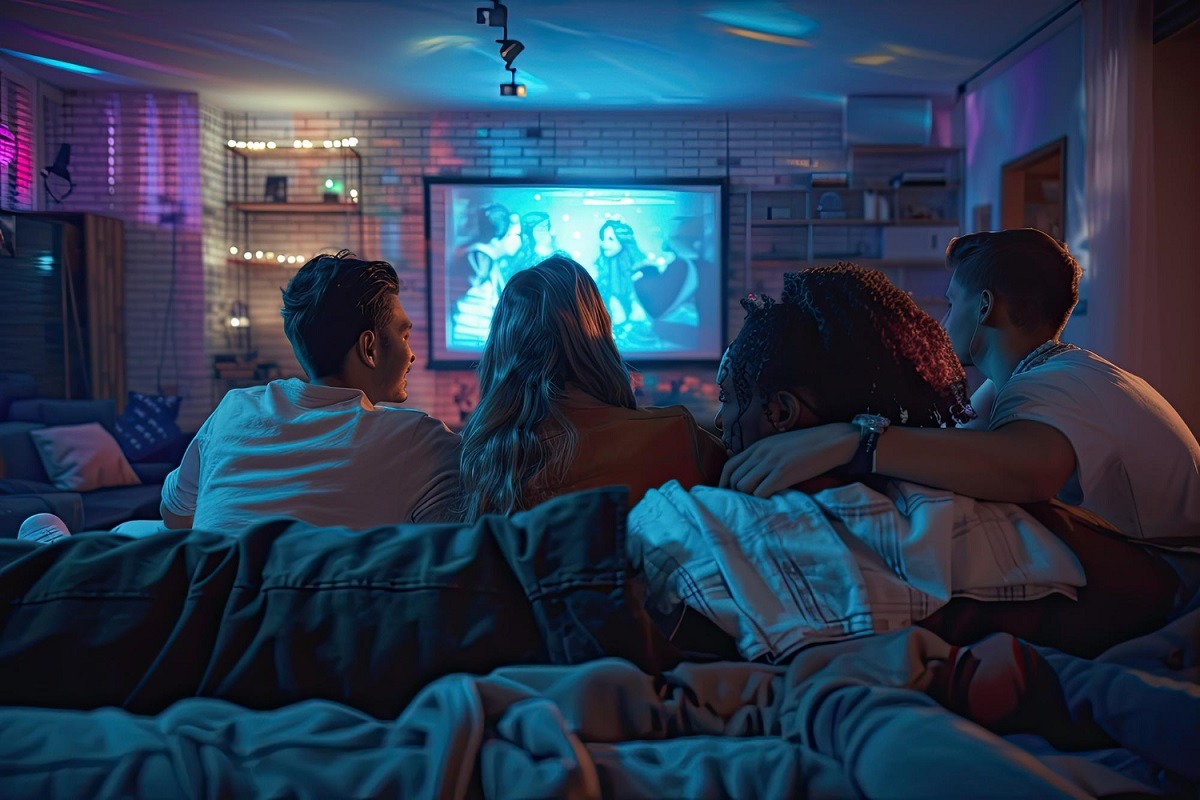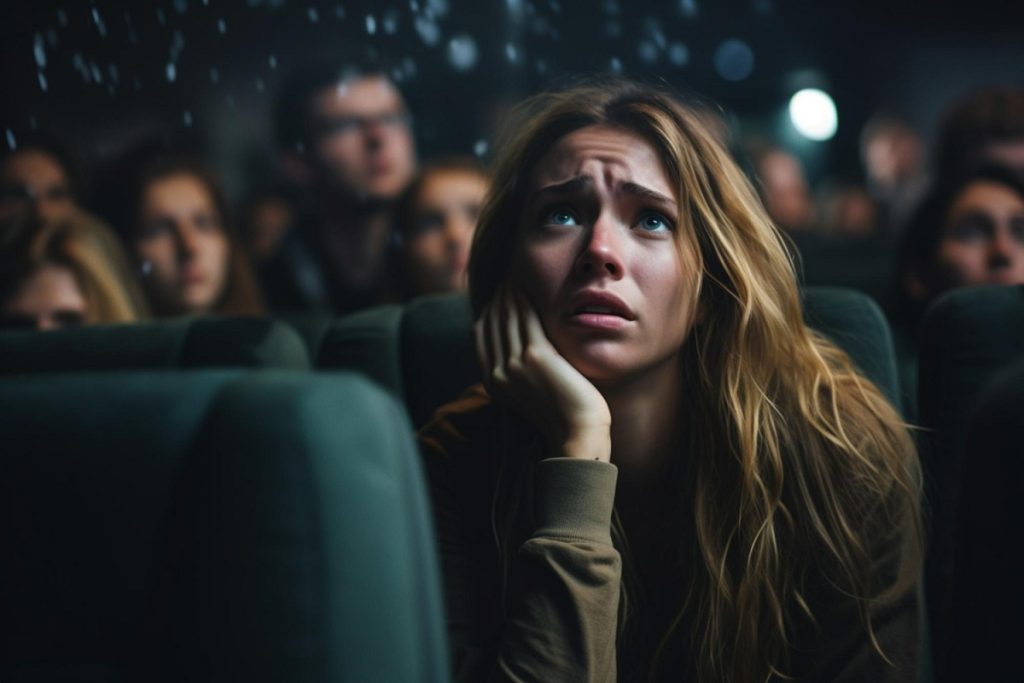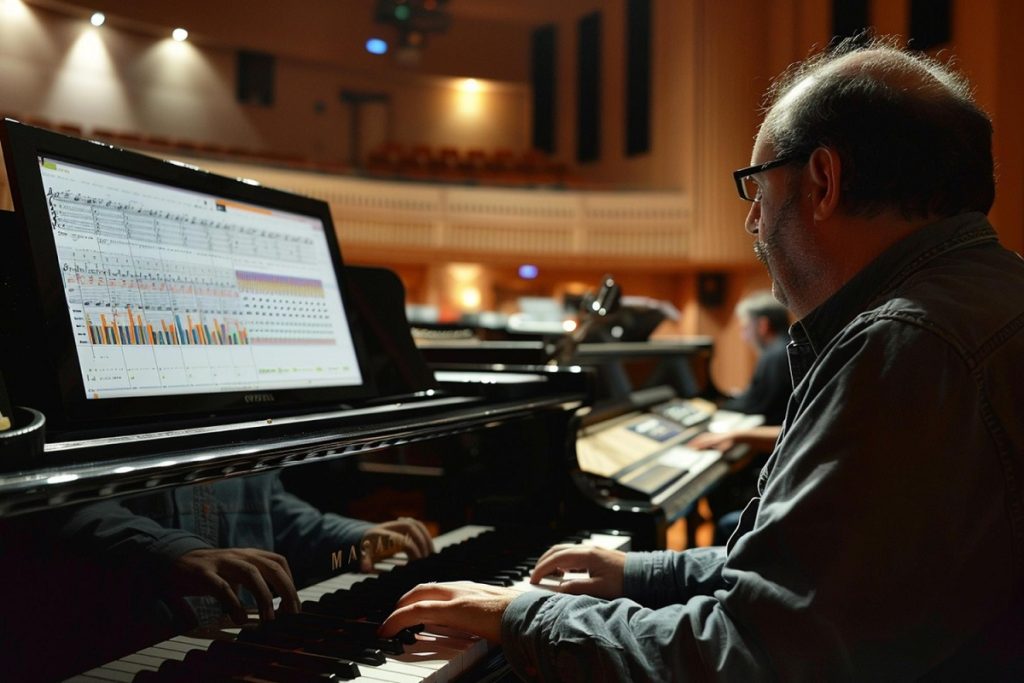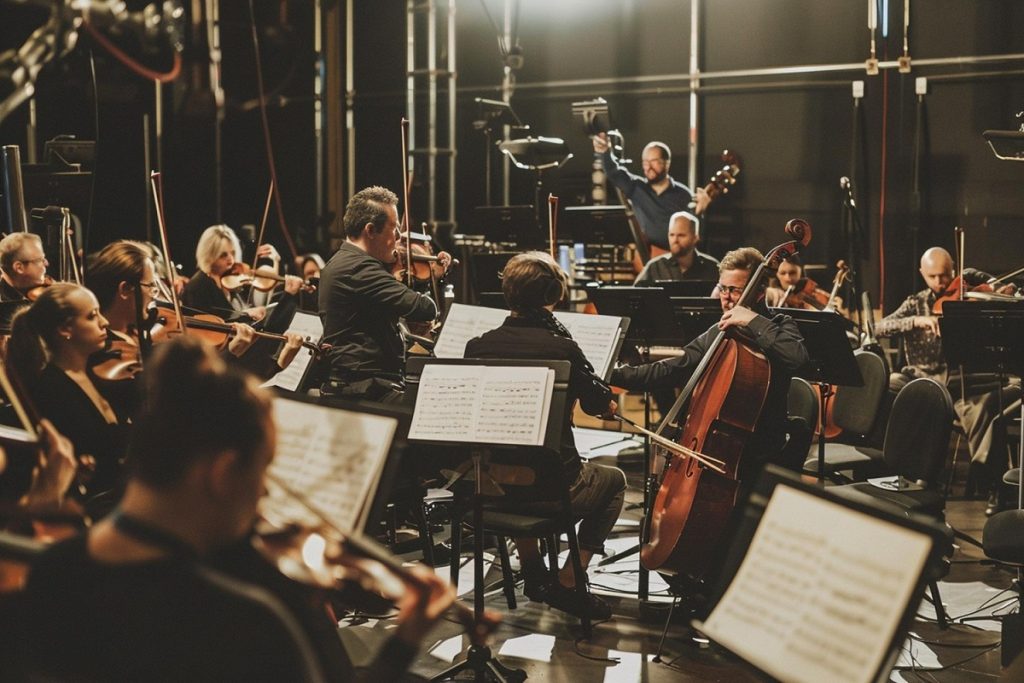Soundtracks and scores are pivotal in enhancing the emotional depth and narrative strength of TV shows. They not only support the storytelling but often become iconic symbols in their right, shaping how audiences experience visual media. Let’s explore the top 10 TV show soundtracks that have not only enriched their respective shows but have also left a significant mark on cultural history.
1. Game of Thrones – Ramin Djawadi
Ramin Djawadi’s composition for Game of Thrones has achieved almost legendary status. The stark, powerful themes such as “The Main Title” or “Light of the Seven” perfectly complement the show’s grandiose and tumultuous atmosphere. Djawadi’s use of unique instruments and his innovative approach have played a crucial role in defining the show’s complex world.
2. Twin Peaks – Angelo Badalamenti
The ethereal soundscape of Twin Peaks, crafted by Angelo Badalamenti, is as integral to the show as its bizarre storylines and odd characters. Badalamenti’s “Laura Palmer’s Theme” and “The Nightingale” evoke a sense of eerie, dream-like quality that mirrors the show’s surreal aesthetic. This soundtrack is a masterclass in using music to elevate the narrative mood and has significantly influenced the thriller genre.
3. Stranger Things – Kyle Dixon & Michael Stein
The nostalgic, synth-heavy score by Kyle Dixon & Michael Stein for Stranger Things not only pays homage to the 80’s era sci-fi but also enhances the mysterious and adrenaline-pumping atmosphere of the series. Pieces like “Kids” and “Eleven” have become synonymous with modern pop culture, resonating with audiences and critics alike.
4. The Crown – Hans Zimmer
Though Hans Zimmer is known for his cinematic compositions, his contribution to The Crown is profoundly compelling. Zimmer’s main title theme imparts an aura of majesty and drama that suits the narrative of royalty and political intrigue, underscoring the gravitas of the queen’s duties against her personal sacrifices.
5. The Simpsons – Danny Elfman
Danny Elfman’s theme for The Simpsons is one of the most recognizable TV themes in history. Its jaunty, whimsical tune perfectly captures the satirical tone of the show, helping to accentuate its irreverent humor and the unique dynamics of Simpson family life.
6. The Sopranos – Various Artists
The Sopranos expertly uses existing music tracks to enrich its storytelling, creating a soundtrack that’s as eclectic and dynamic as the series itself. From Tony Soprano’s contemplative drives with music like “Tiny Tears” by Tindersticks playing, to the iconic opening with “Woke Up This Morning” by Alabama 3, music is an essential storytelling device in the series.
7. Buffy the Vampire Slayer – Christophe Beck
Christophe Beck’s score for Buffy the Vampire Slayer brings an emotional depth that is crucial to many of the series’ most poignant moments. Tracks like “Close Your Eyes” balance the supernatural with the emotional, underscoring character growth and critical narrative turns.
8. Mad Men – David Carbonara
The stylish, period-appropriate score by David Carbonara, mixed with carefully selected contemporary tracks, cleverly mirrors Mad Men’s exploration of the 1960s’ societal shifts. The music not only enhances the show’s lavish aesthetic but also complements the emotional undertones of the characters’ journeys.
9. Westworld – Ramin Djawadi
Ramin Djawadi makes another appearance on this list with his work for Westworld. His intricate compositions, including adaptations of modern songs into a Western context, uniquely contribute to the show’s themes of fantasy versus reality. Pieces like “Paint it Black” in Western orchestral style are particularly noteworthy.
10. Miami Vice – Jan Hammer
Jan Hammer’s contributions to Miami Vice with tracks like “Crockett’s Theme” and the show’s main theme not only defined the 1980s synth-driven aesthetic but also became hallmarks of the era’s cultural scene. The soundtrack’s pulsating beats and moody synths perfectly complement the high-octane, neon-lit adventures of the show’s protagonists.
Each of these soundtracks stands out not just for their musical quality but for how they reinforce and elevate the storytelling of their respective shows, proving that great music can be just as impactful as great writing in television.





